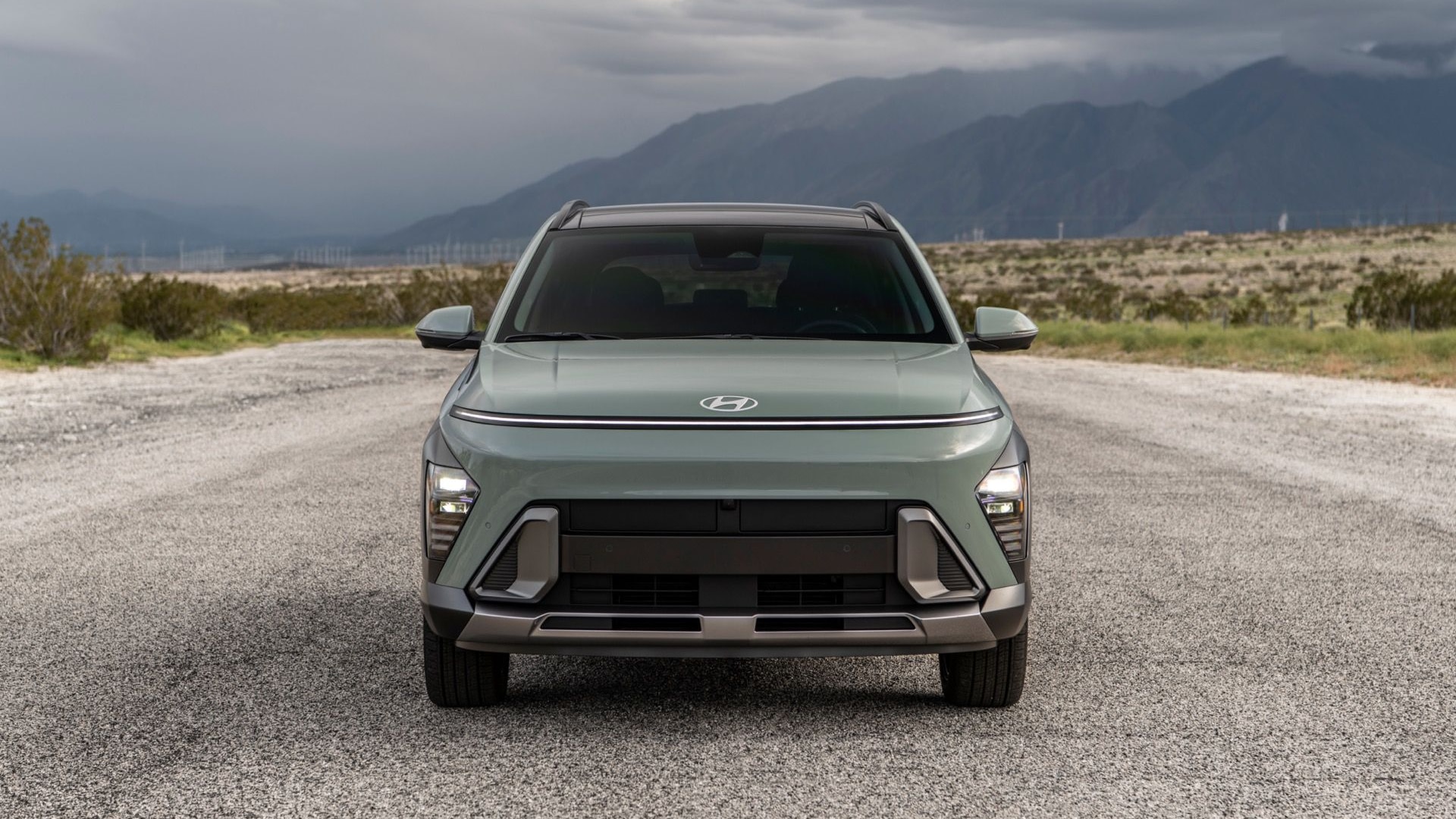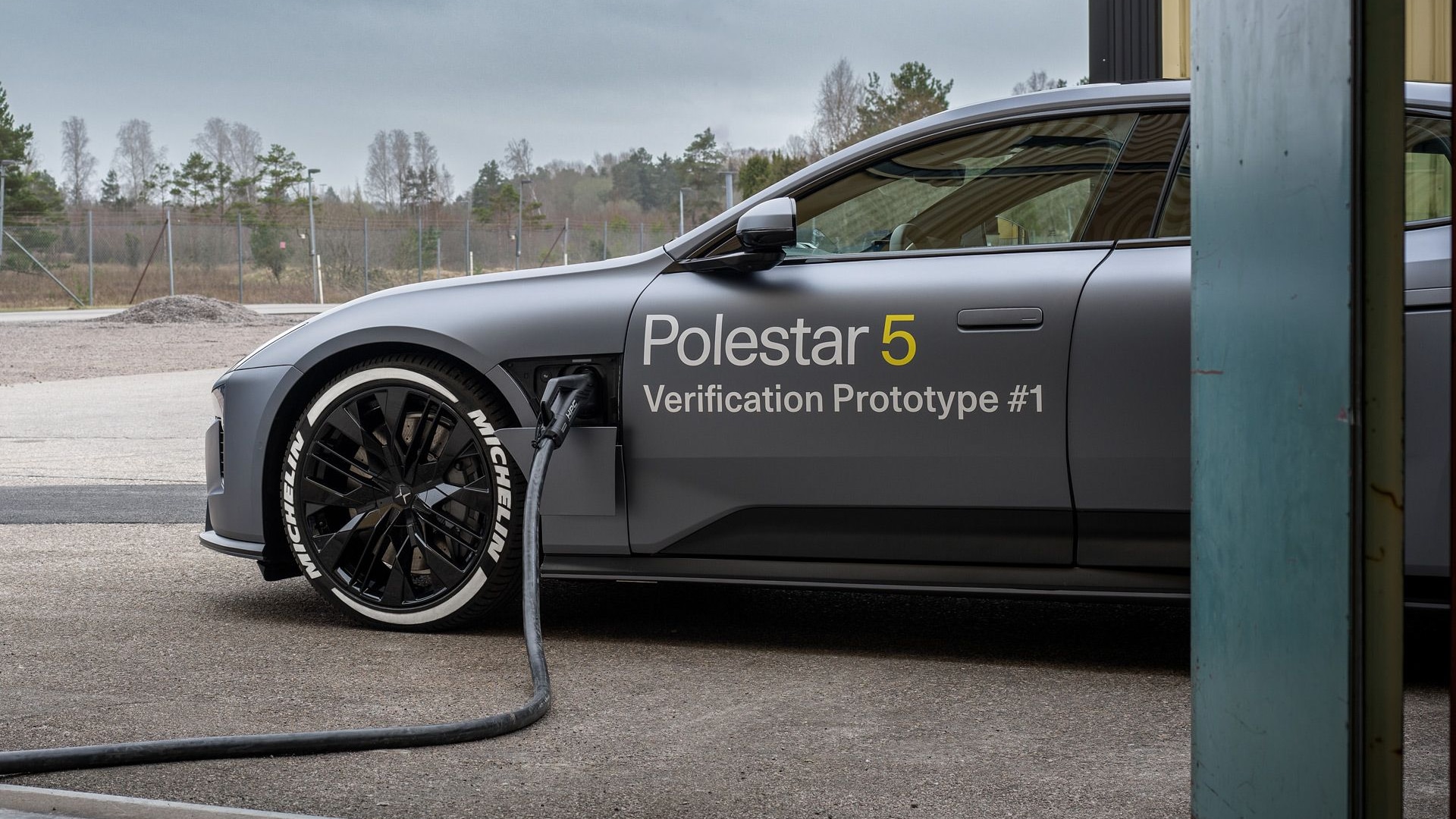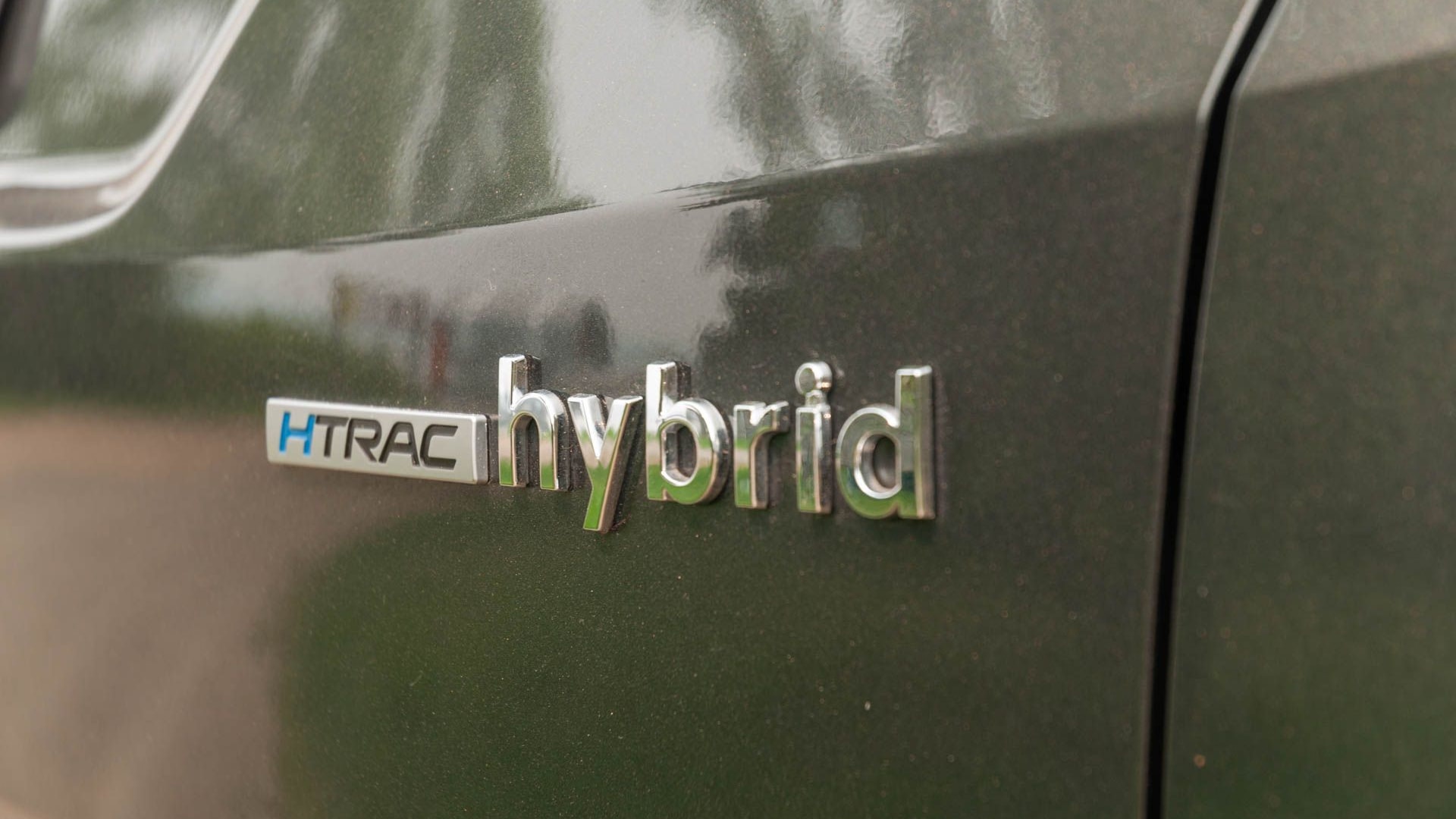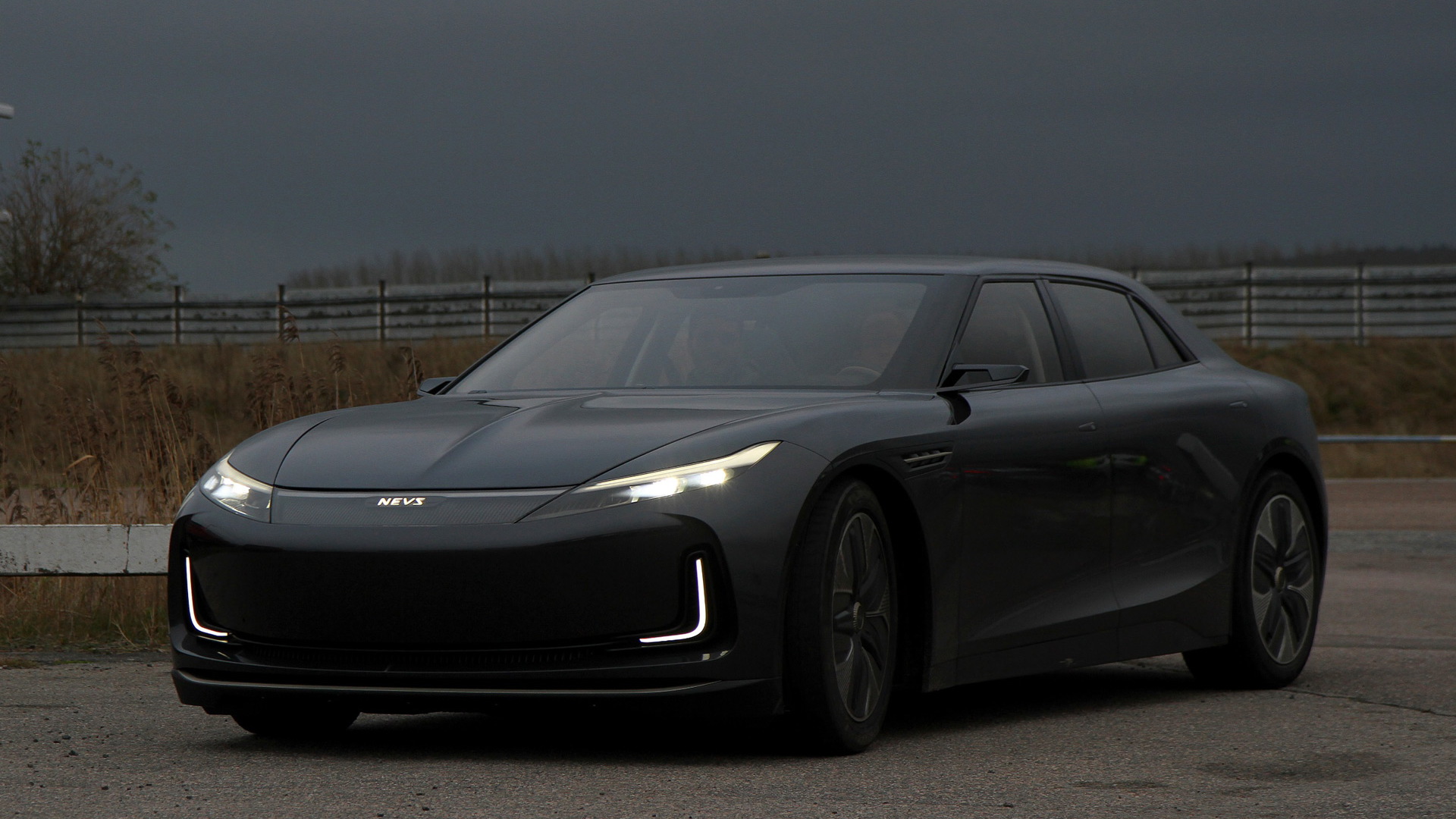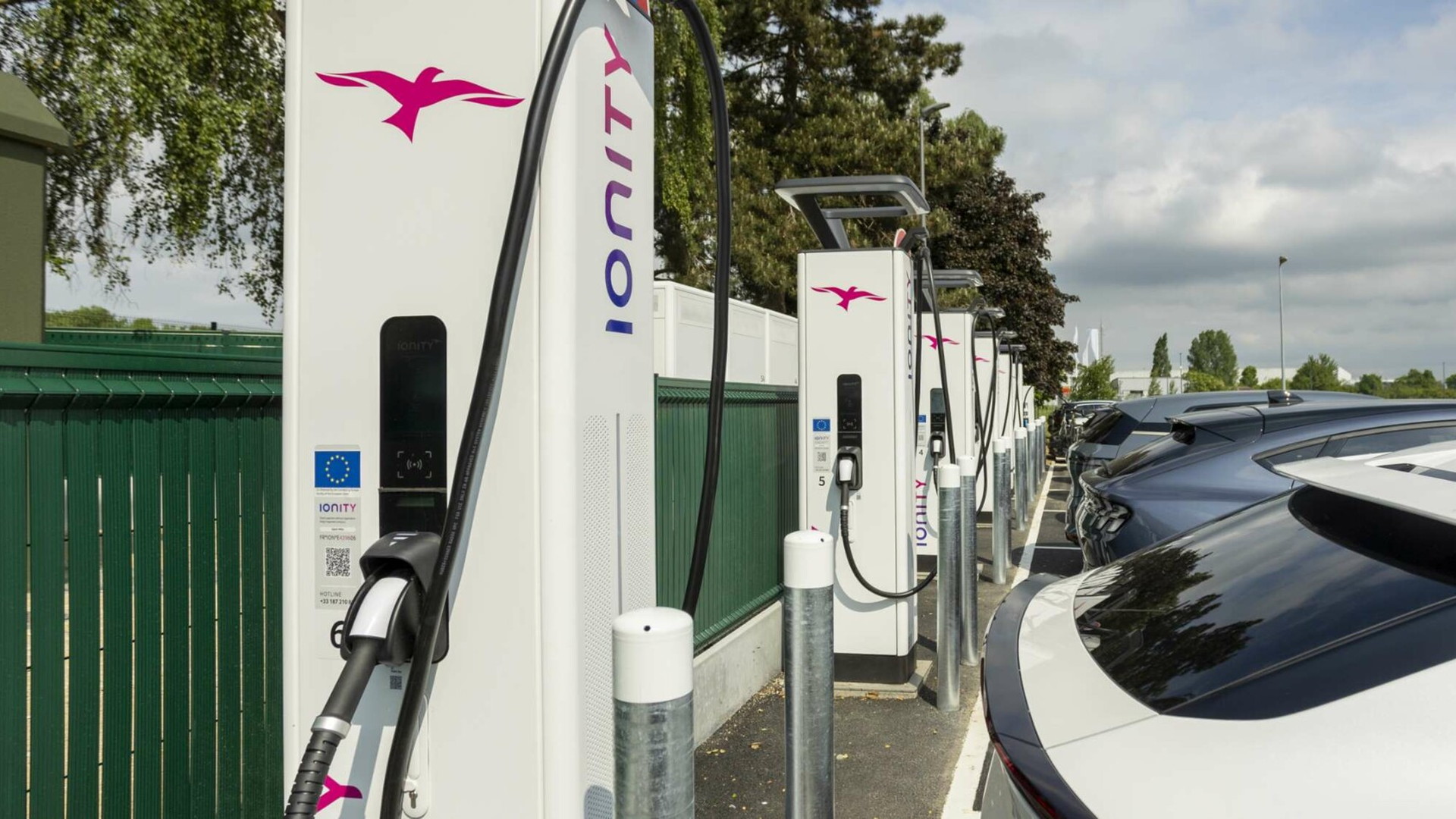Automotive supplier ZF recently unveiled a Porsche Taycan prototype with a number of new components that the company claims can boost cold-weather range by up to a third.
It serves to underscore that EVs still have much to gain in terms of how they manage heat and the temperature of the battery pack.
The key to this is what ZF calls a central thermal management system, based around an 800-volt, propane-based heat pump, that handles temperature control for both the powertrain and cabin together. It uses half the amount of refrigerant of conventional designs, but it still increases cooling capacity by a factor of two, ZF claims, and the sealed circuit is maintenance-free.

ZF EVSys800 drive unit
If needed, the central circuit can connect with two separately-controllable water cooling circuits. One serves the electric motor, the other serves power and charging electronics.
Most notably, the heat pump helps cut an energy need that's present in EVs even if you watch your cabin heat use and use seat-warmers. Just keeping an EV's battery and propulsion system warm enough can draw a surprising amount of power in cold weather—up to 6 kw, according to the supplier.
A ZF concept vehicle the components were presented in also has a new drive unit that reworks Porsche's 2-speed gearbox. It features a coaxial design that uses two planetary gearsets to transfer power from the motor to the wheels in place of conventional input and output shafts. This reduces the weight and size of the gearbox, without compromising efficiency or refinement, ZF claims, adding that the motor is more compact as well.

ZF coaxial reduction gear for EV drive units
This appears to directly answer some of the concerns of Porsche, which this past year told Green Car Reports that it underestimated the importance of efficiency when the Taycan was first released. In the meantime, Porsche has introduced a number of changes that help boost efficiency and range—including revised motor behavior.
In general, cold-weather EV range varies widely by model, a 2022 report from battery analysis firm Recurrent found. The same company in a separate report found that, for most EV drivers, this just means more time spent charging.
